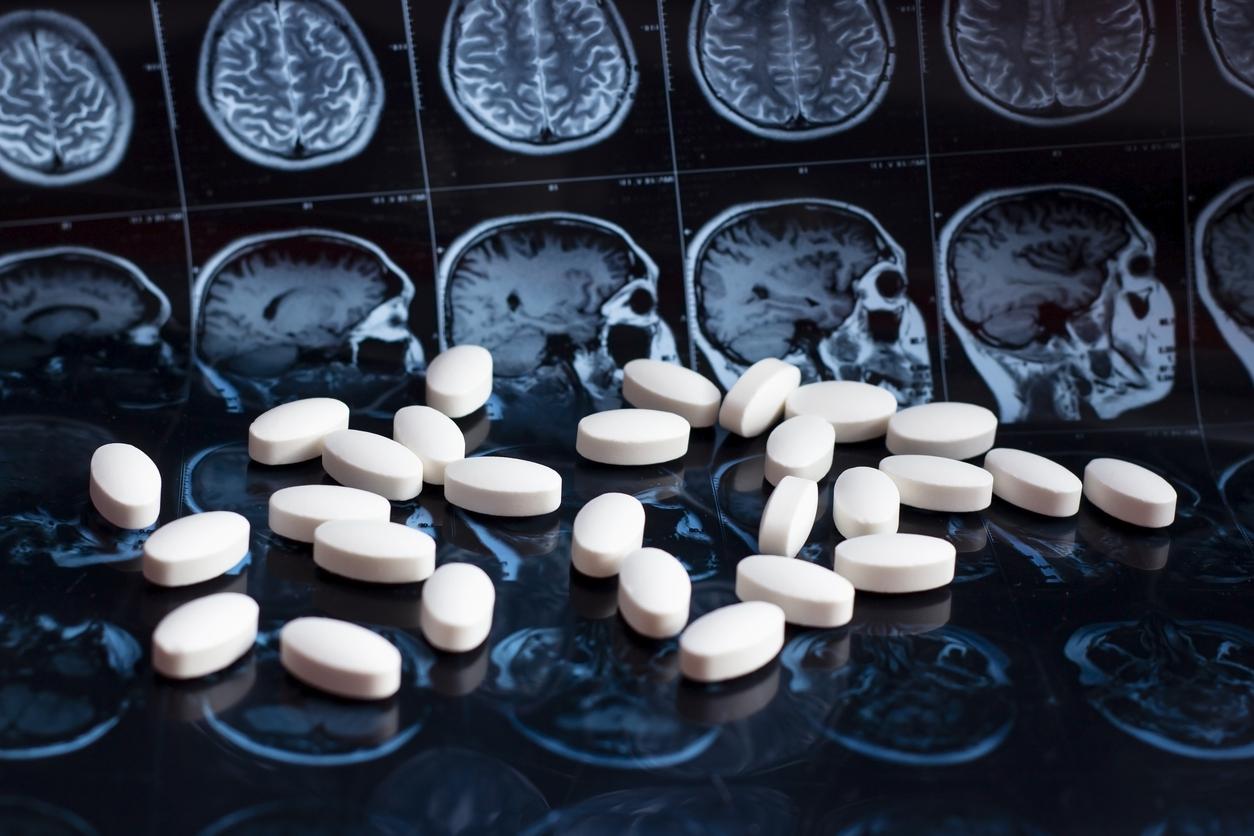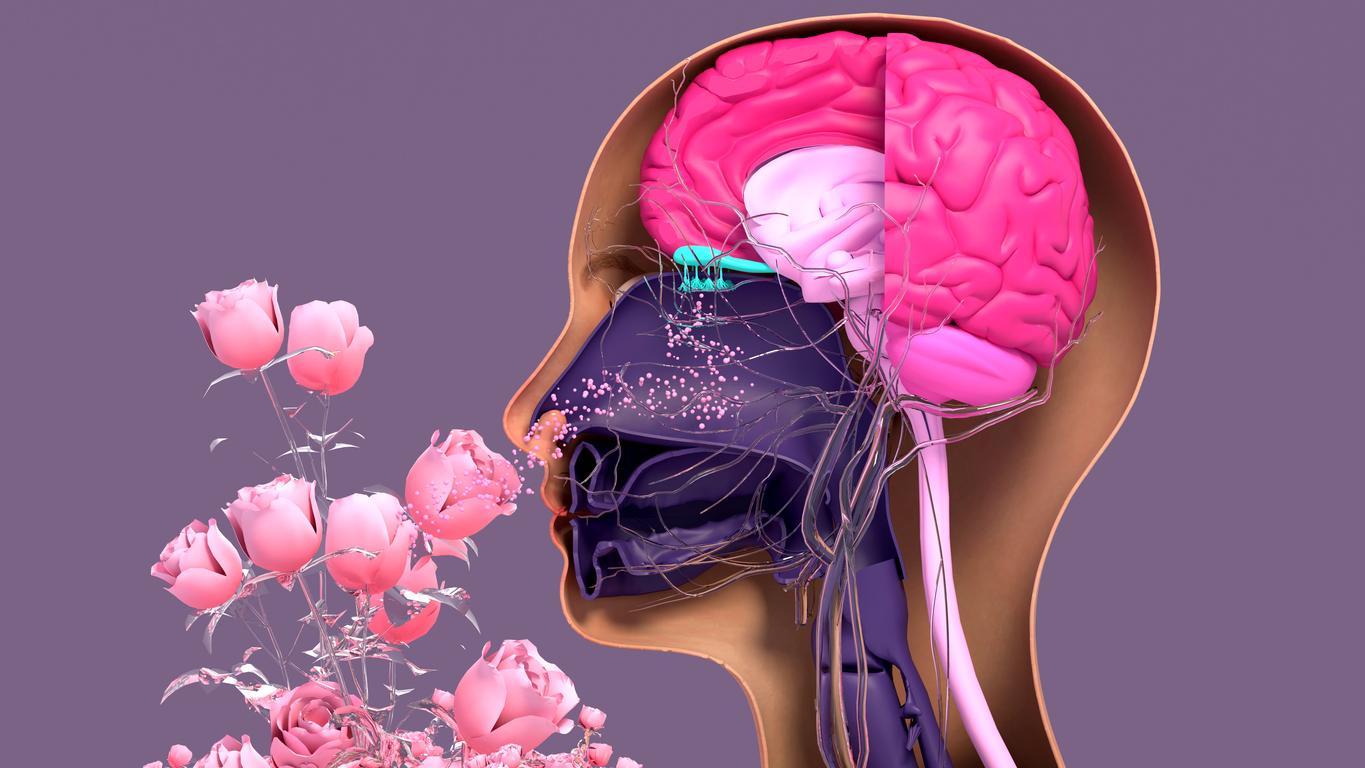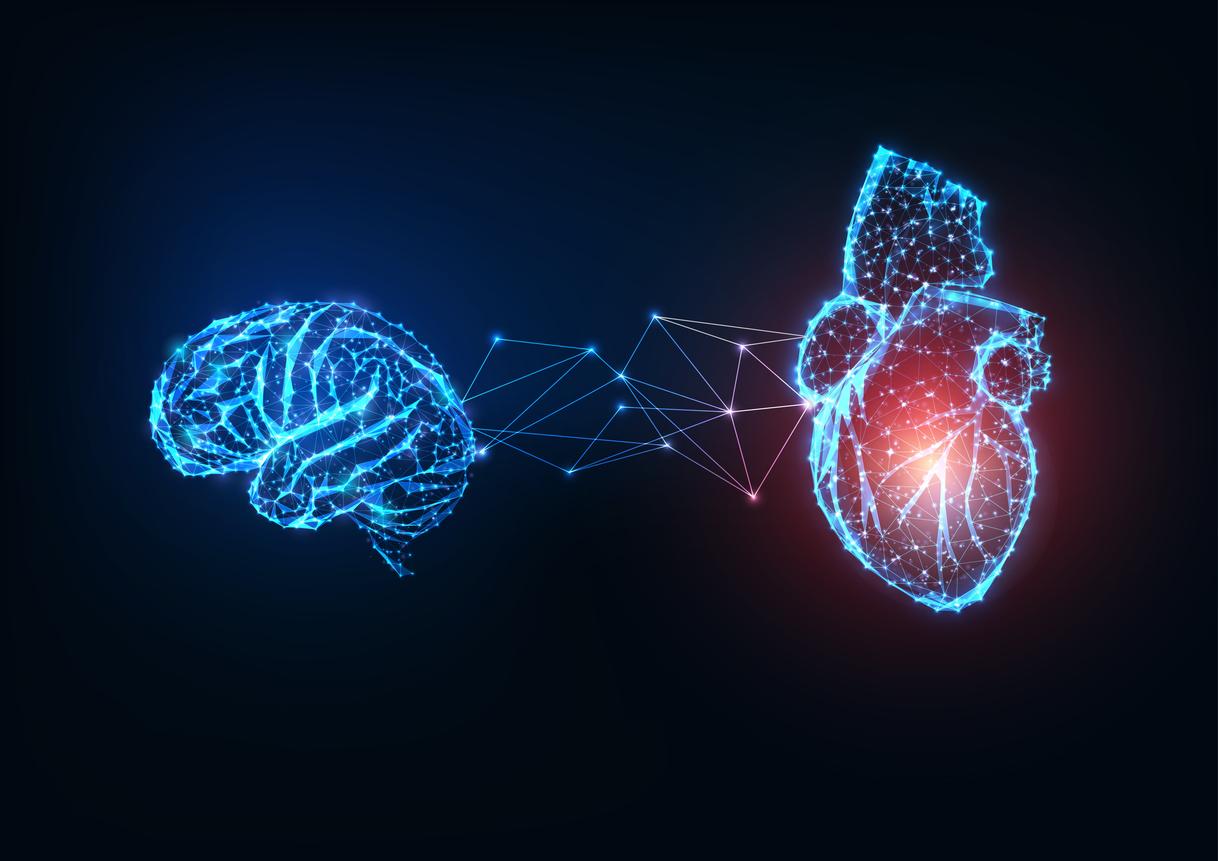Drinking a moderate amount of coffee or tea helps protect the brain from cognitive decline.

- A meta-analysis confirms that drinking a moderate amount of coffee or tea protects against cognitive decline.
- People who drink these drinks are about 27% and 32% less likely, respectively, to develop cognitive impairment than those who don’t take them.
- The protective effect of coffee and tea is greater in men than women.
If you usually drink a cup of coffee or tea for breakfast or to take a break in the afternoon… Keep it. A study of China Medical University confirms that moderate consumption of these drinks protects against cognitive decline.
Coffee, tea: these drinks protect the brain well
The health benefits of coffee and tea have been debated for years. Several conflicting studies have been published, leaving consumers confused as to whether these drinks are good or bad for their cognitive health. To resolve the question, Chinese scientists analyzed 22 prospective studies and 11 controlled research studies involving more than 389,000 participants, 18,459 of whom suffered from cognitive disorders.
They found that drinkers are about 27% less likely to develop cognitive impairment compared to those who don’t drink it. The flagship drink of the English is also good for the brain. The risk of cognitive decline is reduced by 32% among tea lovers.

Caffeine: what is the right dose?
However, consumption must remain reasonable. Excessive amounts of caffeine can actually have a detrimental impact on health, including causing insomnia, anxiety and cardiovascular problems. Researchers have thus determined that the “right amount”, that is to say drinking 2.5 cups of coffee per day, helps minimize the risk of Alzheimer’s disease and a cup of tea per day can lead to a reduction in 11% of cognitive deficits. Furthermore, the protective effect seems stronger in men than women.
Why do these drinks protect the brain? The authors put forward hypotheses in their article published in the scientific journal NOTutrition Reviews : “Numerous studies have demonstrated that caffeine improves cognitive performance in the short term and prevents cognitive impairment in the long term. The molecular mechanisms of caffeine operate via antagonism of excessively activated adenosine receptors. Le Blocking adenosine receptors as molecular bases can integrate neurotransmitter signaling, thereby controlling synaptic plasticity in regions relevant to memory and learning (this improves ssignaling and communication between brain areas, Editor’s note).”
They conclude that “Effective interventions involving coffee and tea consumption could help prevent the onset of dementia.”
















